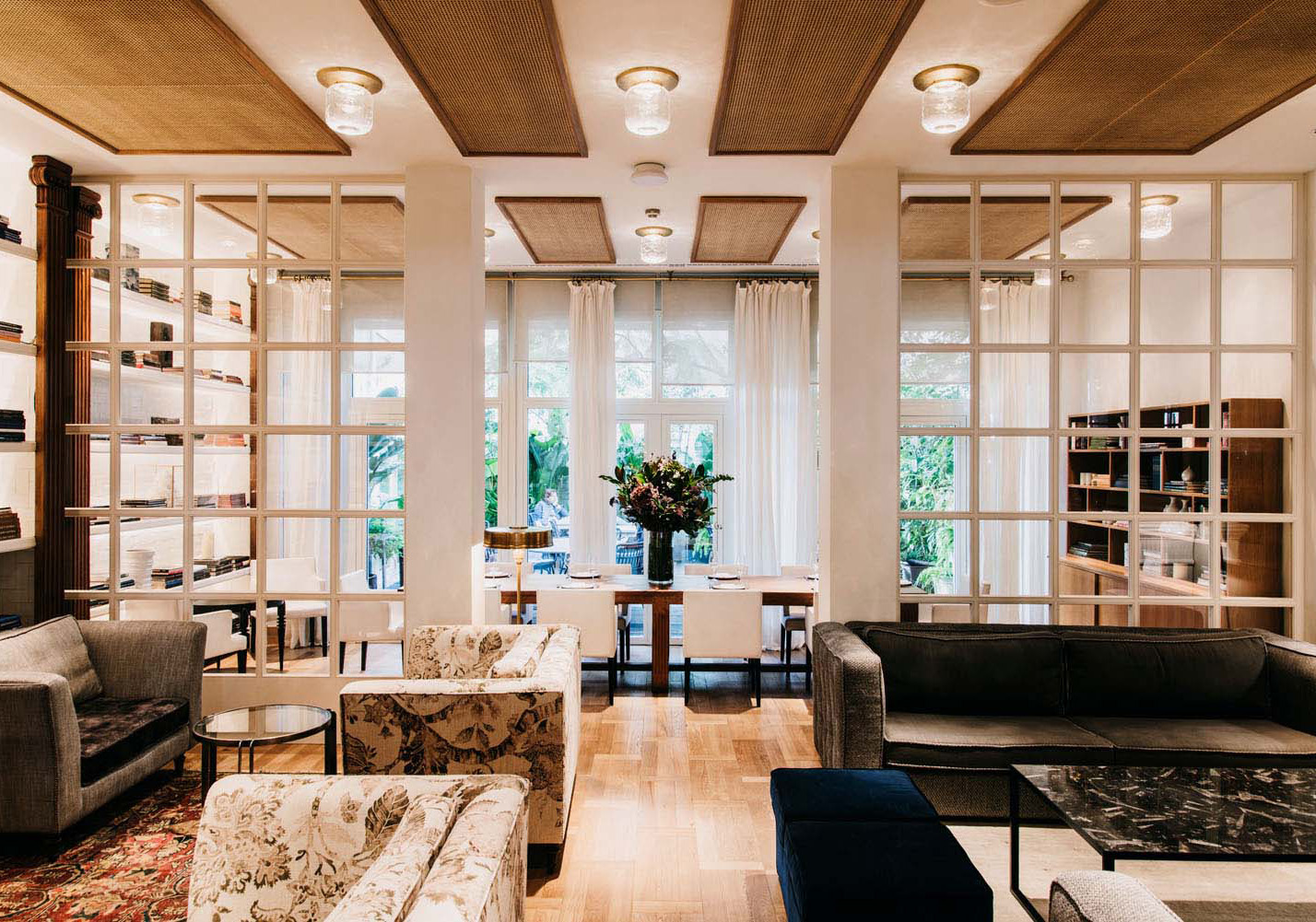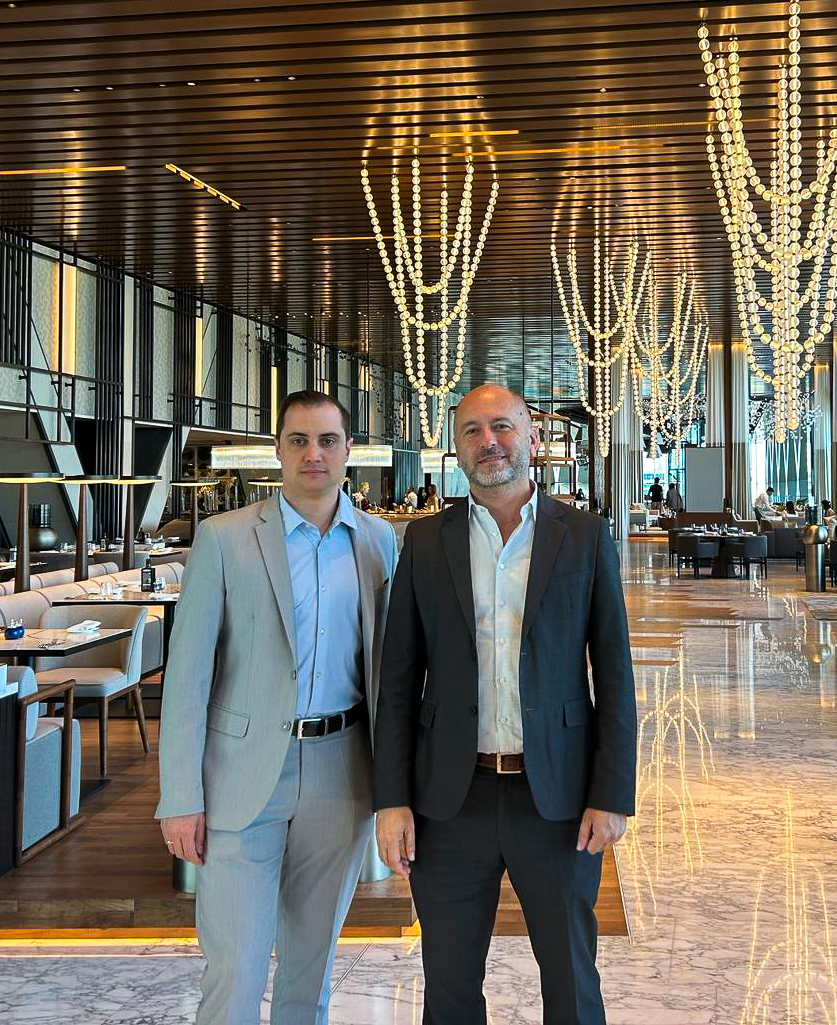In the digital age, where connectivity is ubiquitous and information spreads at lightning speed, social media has emerged as a powerful tool that transcends boundaries and reshapes industries. One such sector that has felt the profound impact of this digital revolution is the Hospitality Industry.
In this blog post, we delve into the multifaceted ways in which social media has transformed the landscape of hospitality, from brand building to guest engagement.
1. Global visibility and brand building
Social media platforms provide an unprecedented opportunity for hotels, resorts, and restaurants to establish a global presence. With the click of a button, establishments can showcase their offerings, aesthetics, and unique selling points to a vast and diverse audience. Engaging visuals, captivating videos, and insightful content enable brands to craft compelling narratives that resonate with potential guests, influencing their perception and choice of accommodations.
2. Direct communication with guests
Social media has dissolved the barriers between guests and hospitality establishments, facilitating direct and real-time communication. Hotels can address inquiries, resolve concerns, and provide personalized recommendations swiftly through platforms like Twitter (now X), Facebook, and Instagram. This instantaneous connection fosters a sense of transparency and responsiveness, which are key elements of exceptional guest service.
3. User Generated Content and trust
The proliferation of User Generated Content on social media has redefined trust-building in the hospitality sector. Guests’ firsthand experiences, shared through photos, reviews, and posts, carry substantial weight in influencing others’ decisions. Encouraging guests to share their experiences creates a cycle of authentic recommendations that hold more sway than traditional advertising.

4. Influencer collaborations
The rise of influencers and content creators has revolutionized marketing strategies. Collaborating with social media influencers who align with a property’s values and target audience can introduce a hotel to an entirely new demographic. Influencer reviews, travel diaries, and recommendations carry the potential to drive bookings and elevate brand awareness.
5. Real-time feedback and improvement
Social media acts as an instantaneous feedback mechanism for the hospitality industry. Guest reviews and comments provide invaluable insights into what is working well and where improvements are needed. These insights, if acted upon promptly, can enhance guest experiences and refine operations.
6. Crisis management
In moments of crisis, whether due to negative reviews, incidents, or emergencies, social media platforms play a pivotal role in managing perceptions. Swift and transparent communication can help mitigate potential damage, demonstrating an establishment’s commitment to guest satisfaction and safety.
7. Targeted marketing and data insights
Social media platforms offer sophisticated targeting options that enable hotels to reach their ideal audience with precision. This data-driven approach not only maximizes marketing efforts but also provides insights into consumer behaviors, preferences, and trends.
8. Promotions and special offers
Social media serves as a dynamic platform for promoting special offers, discounts, and packages. Time-sensitive promotions can be disseminated to a wide audience within seconds, fostering urgency and encouraging direct bookings.
9. Virtual tours and visual experiences
Hotels can provide virtual tours and immersive visual experiences through platforms like Instagram Stories, Facebook 360, and live streaming. This enables potential guests to virtually explore accommodations and facilities before making a reservation, creating a sense of familiarity and comfort.
10. Constant evolution and innovation
As social media continually evolves, so too will its impact on the hospitality industry. Emerging technologies, such as augmented reality (AR) filters and virtual reality (VR) experiences, have the potential to further enhance guest engagement and interaction.
Conclusion
In the digital age, the Hospitality Industry is inextricably linked to the world of social media. By embracing these platforms, establishments can amplify their reach, forge genuine connections, and tailor experiences that resonate with today’s tech-savvy travelers.
The fusion of hospitality and social media continues to be a transformative journey, where establishments that master this fusion are poised to thrive in a landscape defined by connectivity, engagement, and innovation.
Don’t you follow us on LinkedIn? Follow Mastel on social media.


